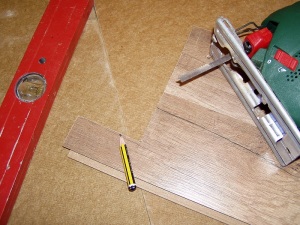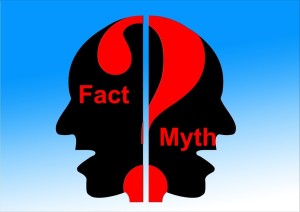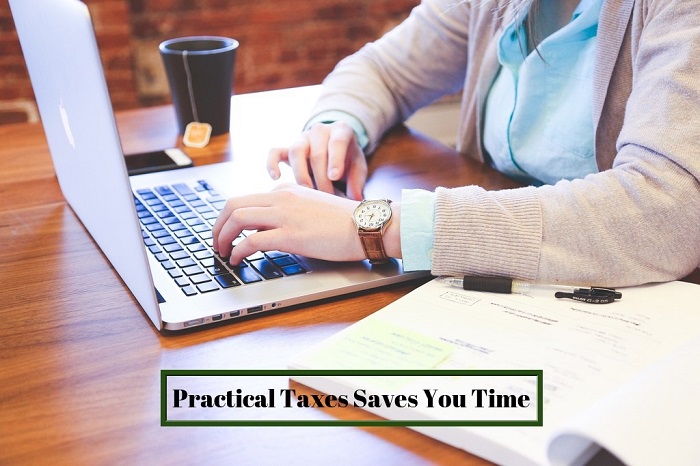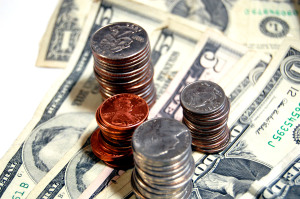Increase Your Income by Earning More on the Side
 There are thousands of people who would like to make more money or save more money. It would allow them to afford the lifestyle that they truly want. But they run into problems, such as they are at the top of where they can get to at work, or they have scrimped and saved and really cannot cut costs anywhere else. They wonder where they should turn. In today’s society, packed with internet bills, cell phone bills, high utility fees, and many other things that cost a lot of money, many people need to pick up some sort of side income. Depending on how you earn the money, there could be tax consequences that you want to address (also where an accountant in Billings, Montana could help you out).
There are thousands of people who would like to make more money or save more money. It would allow them to afford the lifestyle that they truly want. But they run into problems, such as they are at the top of where they can get to at work, or they have scrimped and saved and really cannot cut costs anywhere else. They wonder where they should turn. In today’s society, packed with internet bills, cell phone bills, high utility fees, and many other things that cost a lot of money, many people need to pick up some sort of side income. Depending on how you earn the money, there could be tax consequences that you want to address (also where an accountant in Billings, Montana could help you out).
Getting a Second Job
To bring in extra cash, most people will get a second job. This could be serving at a bar or a restaurant in the evenings, or working part-time as a cashier at a retail store. There are the goods and the bads that come with this choice.
The benefits of a second job are that you will have regular hours. That means a steady second paycheck. Also, you will get another paycheck where taxes have been taken out; there will be less to worry about come tax season (on top of that, the employer will pay half of your FICA taxes).
The downsides, however, are that you are stuck working for someone else. You have to follow their hours, their guidelines, and you are likely to be stuck making close to minimum wage (being a server, however, you could make substantially more because of tips).
Working on the Side
Because of the lack of flexibility and the low pay of working a side job, many people choose to follow their passions, and monetize their hobbies or interests. This method takes a little more planning, but the benefits in the long run are a lot better.
The best part about starting your own side business is that you get to set your hours. You work when you want to, and as much as you want to. So if you only have a few hours per week, you don’t have to rearrange your entire schedule just to bring in some extra money. Another positive aspect is that you get to set your own rates. With proper marketing, and if you have the skills, you can make substantially more than minimum wage.
The biggest drawback of earning income on the side like this is that you will have to pay all of the taxes. Next tax season you will have a bigger tax bill that may drop your tax refund into the negatives. This is especially true because you will be paying ALL of the 15.3% into your FICA taxes (working for someone else, half of this is covered). Combine that with the fact that you have to find all of your own clients, and many people are deterred from this option (even though you can make a lot more, it is quite a bit harder).
Using an Accountant in Billings, Montana
If you hire an accountant in Billings, Montana, you will be able to take a lot of the worry away from your side business. Here at Practical Taxes, we know the tax laws, and if you are starting your own side business we can work with you to get the most deductions possible (and help to offset those taxes that you have to pay).
If you are interested in making more money on the side, consider starting a little side business (often called a side hustle). You will be happy that you did, and the extra income can go a long ways.
Practical Taxes knows all the current tax laws and can help you with your business needs including business planning, accounting, tax preparation, and more.









